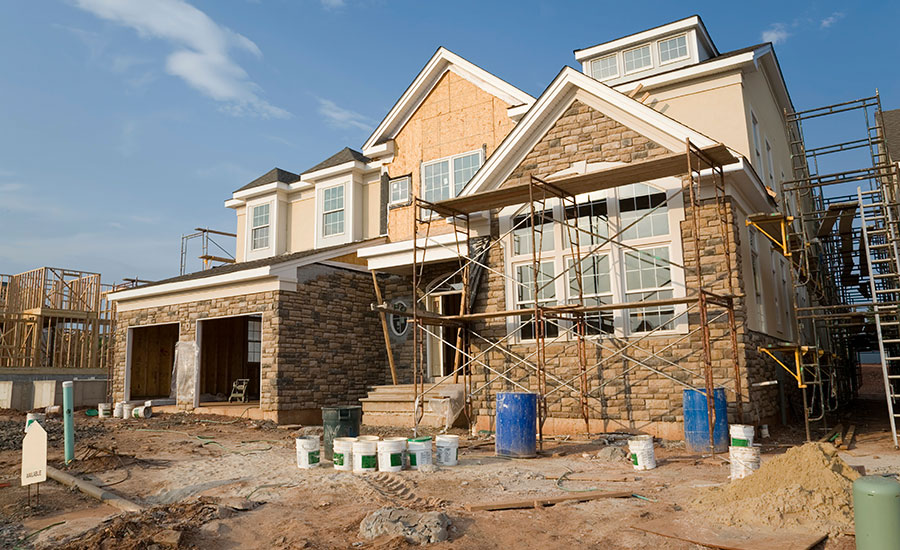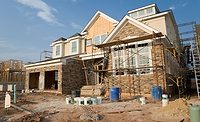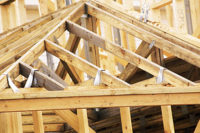Builder Confidence Hits Yearly High in September
Sentiment levels have held in the mid- to upper 60s since May, and September’s reading matches the highest level since last October.

Builder confidence in the market for newly built single-family homes rose one point to 68 in September from an upwardly revised August reading of 67, according to the latest National Association of Home Builders (NAHB)/Wells Fargo Housing Market Index (HMI). Sentiment levels have held in the mid- to upper 60s since May, and September’s reading matches the highest level since last October.
“Low interest rates and solid demand continue to fuel builders’ sentiments even as they continue to grapple with ongoing supply-side challenges that hinder housing affordability, including a shortage of lots and labor,” said Greg Ugalde, NAHB chairman and a home builder and developer from Torrington, Conn.
“Solid household formations and attractive mortgage rates are contributing to a positive builder outlook,” said Robert Dietz, NAHB’s chief economist. “However, builders are expressing growing concerns regarding uncertainty stemming from the trade dispute with China. NAHB’s Home Building Geography Index indicates that the slowdown in the manufacturing sector is holding back home construction in some parts of the nation, although there is growth in rural and exurban areas.”
Derived from a monthly survey that NAHB has been conducting for 30 years, the NAHB/Wells Fargo HMI gauges builder perceptions of current single-family home sales and sales expectations for the next six months as “good,” “fair,” or “poor.” The survey also asks builders to rate traffic of prospective buyers as “high to very high,” “average,” or “low to very low.” Scores for each component are then used to calculate a seasonally adjusted index where any number over 50 indicates that more builders view conditions as good than poor.
The HMI index gauging current sales conditions increased two points to 75, and the component measuring traffic of prospective buyers held steady at 50. The measure charting sales expectations in the next six months fell one point to 70.
Looking at the three-month moving averages for regional HMI scores, the Northeast posted a two-point gain to 59, the West was also up two points to 75, and the South moved one point higher to 70. The Midwest was unchanged at 57.
Additional details are available at www.nahb.org/hmi and www.housingeconomics.com.
Looking for a reprint of this article?
From high-res PDFs to custom plaques, order your copy today!






